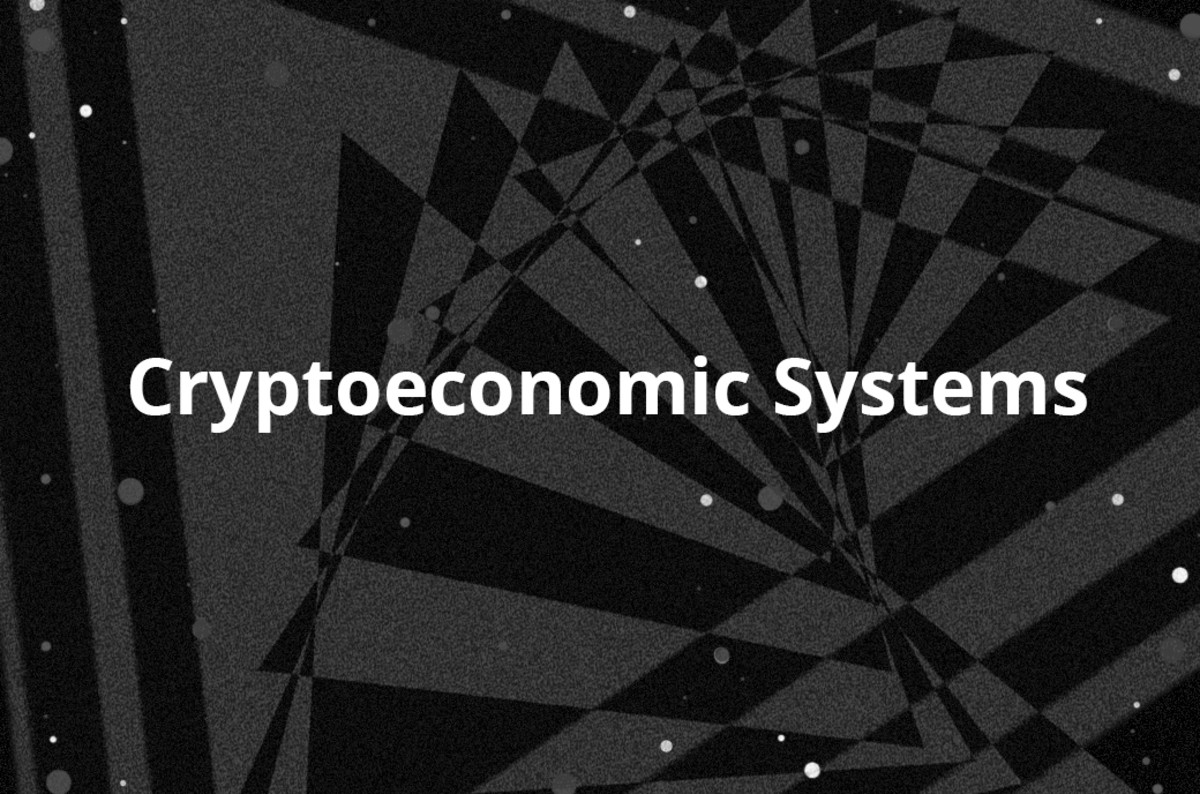
An open-source journal and conference, Cryptoeconomic Systems, is forthcoming from collaborators including MIT’s Digital Currency Initiative.
MIT’s Digital Currency Initiative (DCI) has announced the launch of Cryptoeconomic Systems (CES), the name of both a forthcoming conference in March 2020 and a new, open-access journal intended to bring a scholastic level of quality in research and reviews to the world of cryptocurrency, outside of the traditional publication channels.
“Cryptoeconomic Systems is a highly collaborative project with worldwide participation from universities, industrial practice and independent researchers — MIT DCI’s involvement can be thought of as providing impetus to initiate these activities for the common good,” Wassim Alsindi, co-organizer of the conference series and managing editor of the journal, told Bitcoin Magazine. “The journal and conference are intended to be mutually intertwined and reinforcing activities.”
The journal and conference series are intended to present a full spectrum of research, analysis and reviews covering the technical fields that touch cryptocurrency, from cryptography and blockchain technology to economics and philosophy.
Alsindi identified multiple drawbacks with current forms of dissemination for valuable research, from traditional scholarly publications taking years to produce to the private sector not always having consistently high standards for content. CES is intended to solve these while merging the fields of study that apply to cryptocurrencies.
“One of the key goals of the upcoming journal” Alsindi added, “is to bring together the traditionally siloed existing scholarly disciplines which necessarily come together in the study of systems such as Bitcoin, in order to contribute towards building a mature field of study.”
CES and MIT: Cooperative But Distinct
Though DCI has announced it, CES is not an MIT project.
“I’d like to reiterate the distinction here between the DCI’s research and development work and wider-scope CES initiatives,” said Alsindi. “As mentioned earlier, the journal and conference series are not intended to be ‘MIT projects’ but rather contributions to the greater scholarly commons.”
He added that one of the journal’s two editors in chief is not affiliated with MIT, and “MIT representatives are also in a minority among the journal’s Advisory Board, and a minority of our CES ’20 Program Committee.”
This initiative has been in the works for about a year, Alsindi noted, adding that the level of organization for these endeavors is “the result of a careful effort to give the journal academic legitimacy across disciplines. The journal structure and format, peer review committee and recent Summit have been the primary focus of activities to date and we’ll soon commence the process of reviewing submitted papers for CES ’20.”
Spreading Its Wings
A relatively independent, streamlined way of verifying and producing high-quality research into the various technologies in the cryptocurrency space could be a huge boon for future development. CES’ peer review apparatus is put together, but according to the announcement for the conference and journal, anyone is welcome to submit their own research to this process.
“Longer-term, the relationship between the conference and journal will most likely evolve as we settle into an annual cycle for conference and proceedings, with one option being to select conference presentations from the pool of accepted publications from the previous year,” Alsindi said.
He concluded by saying that CES is looking, in the near future, “to geographically spread its wings beyond its incubatory phase, and would very much like to hear from potential conference hosts elsewhere. It would be ideal to rotate the events between continents, for 2021 we would be happy to hold it outside North America.”










